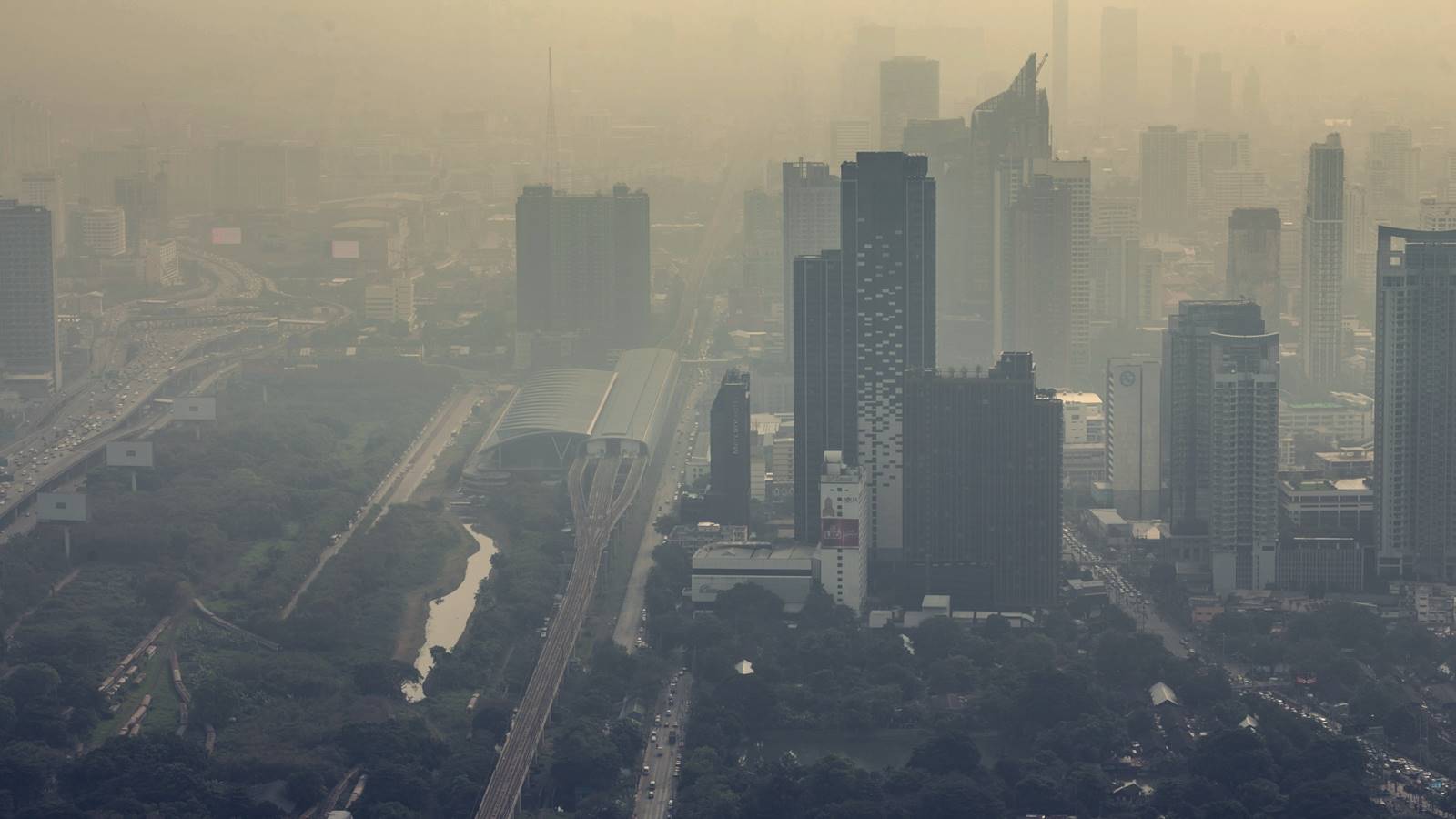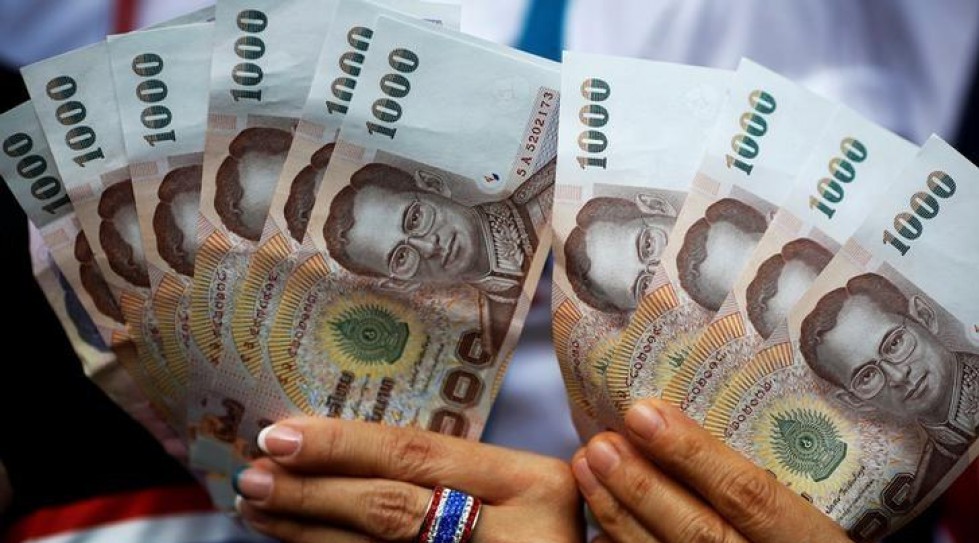One consequence of Asia’s growth is rapid and mostly uncontrolled urbanization. Asia is currently home to over half of the world’s megacities and 53 percent of the world’s urban population.
Already around 54 percent of China’s residents live in cities, and by 2050, India is projected to add 404 million urban dwellers, surpassing China’s expected 292 million new dwellers.
With about 80 percent of the Asia-Pacific region’s economic output generated by cities, urbanization – with its opportunities and challenges – will be a key component of achieving more sustainable and inclusive growth.
Living in cities permits individuals and families to take advantage of the opportunities of proximity and diversity, such as better access to jobs, education and health care.
Less equitable urban development
However, the drive for rapid urban growth and efficiency of public services often leads to less equitable urban development.
In many cases, low skilled or unskilled migrant workers who have moved to the cities from rural areas cannot find sustainable jobs or affordable housing and are forced to dwell in slums.
In 2015 and beyond, the region’s sprawling megacities will witness increasingly scarce space to live – making the value of every square meter continue to rise.
According to Indian Architect P.K. Das, in Mumbai, each citizen accesses 1.1 square meters of public green city space, 26 times less than New Yorkers, and much less than the nine square meters recommended by the UN World Health Organization.
According to the ADB, the future prospects for cities in the Asia-Pacific will rely on the management of three interrelated elements: economic sustainability (creating jobs and wealth), environmental sustainability (providing shelters, safe water, clean air, managing waste), and social sustainability (ensuring safety and security, equality of opportunities, inclusion of all groups, and social cohesion).
Source: Trends That Will Shape Asia’s Economic Future (Part 2) | In Asia








